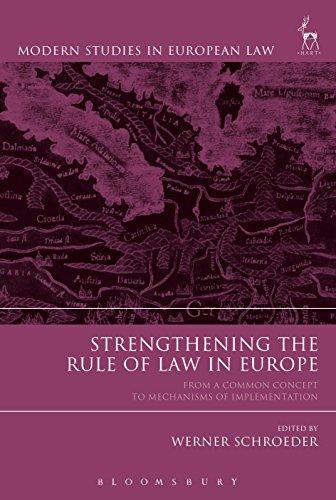Question
Patrick Johnson is charged with assault and robbery in connection with the theft of $300 from First National Bank. The prosecutor alleges that Johnson pointed
Patrick Johnson is charged with assault and robbery in connection with the theft of $300 from First National Bank. The prosecutor alleges that Johnson pointed a gun at a teller and told him to hand over what money he had. After Johnson's arrest, police learned that his gun was not loaded. Does this fact provide a defense.to the charges? There are two relevant cases:
State v. Cox (1948)
Gilbert Cox was convicted of robbery for taking $15 from a small grocery. He appeals on the ground that his "weapon," a pointed finger pressed against the inside of his coat, was not lethal. We think he misses the real issue, and consequently we affirm. Robbery requires that the taking be accompiished.by either violence or the threat of immediate harm to the victim. Because Cox's act reasonably frightened the clerk into giving away the money, he cannot claim it was only a ruse.
State v. Hines (1962)
Carol Hines appeals her conviction for assault. We affirm. Hines was convicted for placing the eraser end of a pencil against the back of a blind man and threatening to shoot him if he did not turn over the money. He fainted and she fled. She claims that the absence of a real gun frees her from guilt for assault. We disagree. A person is guilty of assault if she intentionally puts another in fear that she may cause him serious bodily injury or death. A genuine handgun would not likely have made much difference to the blind man.
Step by Step Solution
There are 3 Steps involved in it
Step: 1

Get Instant Access to Expert-Tailored Solutions
See step-by-step solutions with expert insights and AI powered tools for academic success
Step: 2

Step: 3

Ace Your Homework with AI
Get the answers you need in no time with our AI-driven, step-by-step assistance
Get Started


